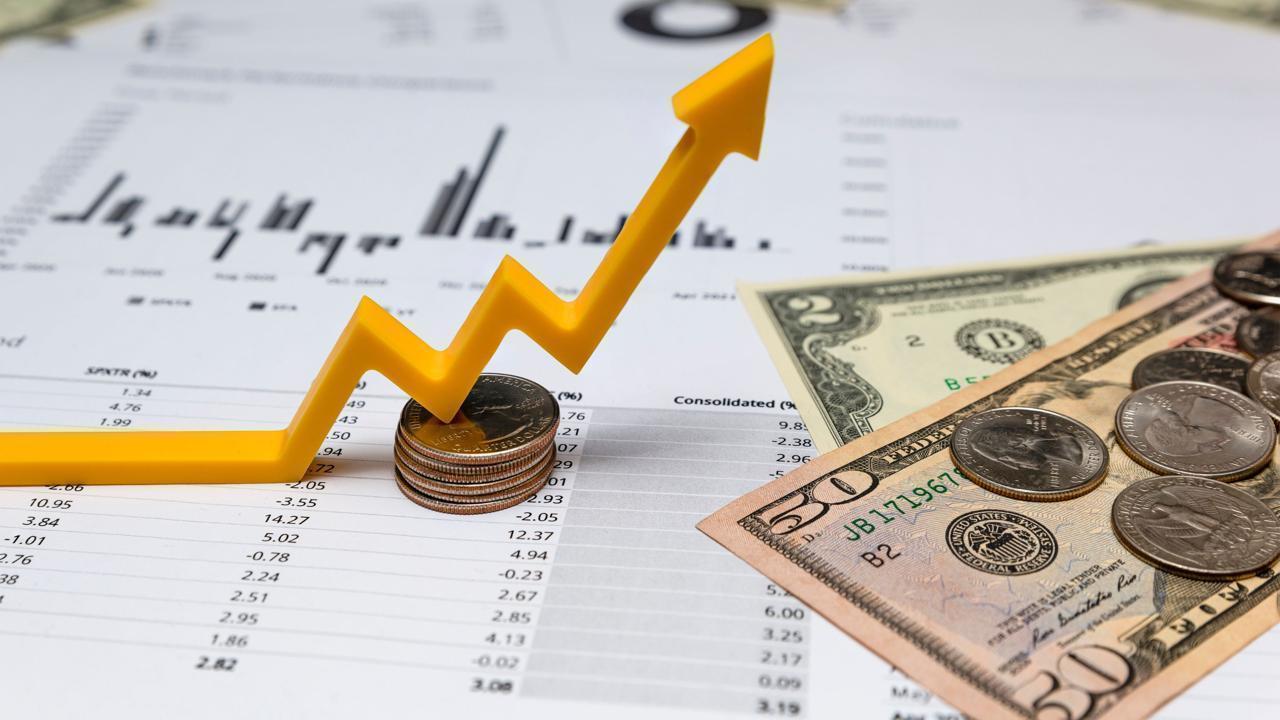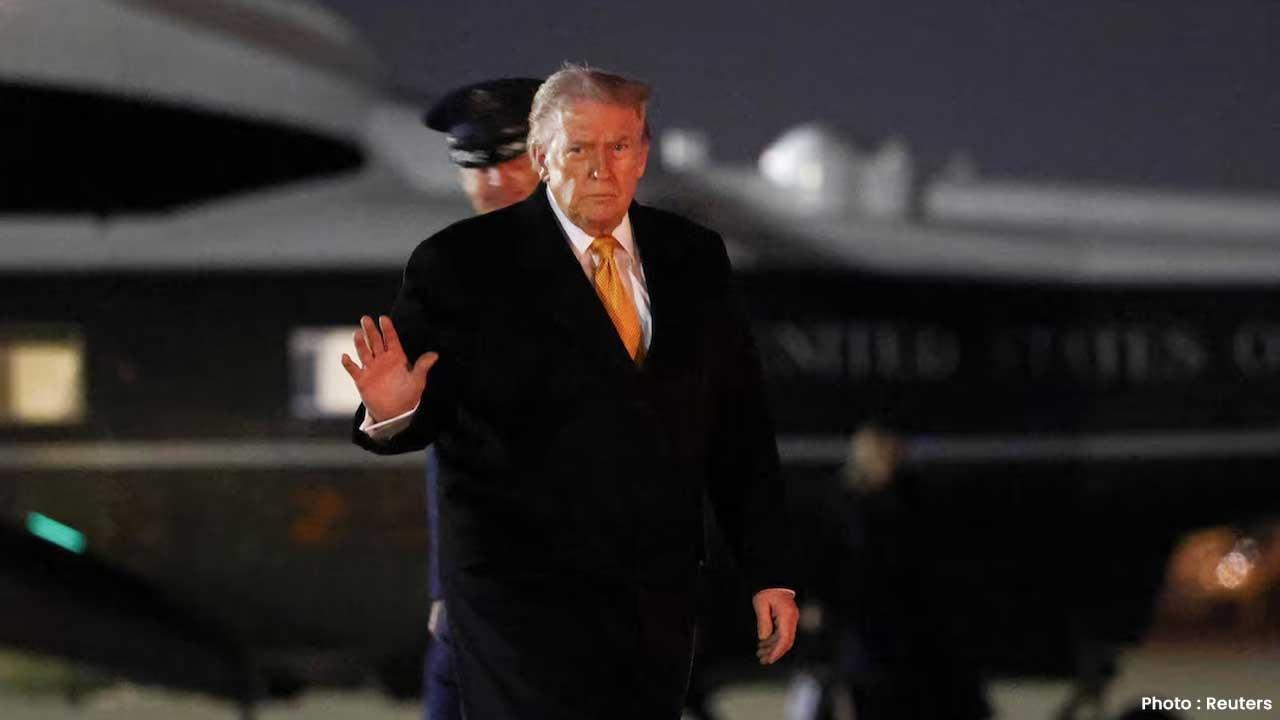
Post by : Vansh
In today’s volatile global landscape, economic uncertainty has become the new normal. From unexpected financial crises to geopolitical tensions and disruptive technological changes, businesses and economies face numerous challenges that test their strength and adaptability. The ability to withstand shocks and maintain steady growth defines economic resilience, a vital trait for thriving in uncertain times. This article explores the core strategies that individuals, businesses, and governments can adopt to build resilience and succeed despite unpredictability.
Economic resilience refers to the capacity of an economy to absorb shocks, recover from disruptions, and adapt to changing conditions while sustaining long-term growth. It involves flexibility, innovation, and robust planning to manage risks effectively.
In uncertain times, resilience helps mitigate the adverse effects of economic downturns, supply chain interruptions, or policy changes. Countries and companies that invest in resilience are better positioned to protect jobs, maintain production, and seize new opportunities even during turbulent periods.
One of the foundational strategies for economic resilience is diversification. By spreading investments, products, markets, or supply chains across multiple areas, businesses and economies reduce their exposure to specific risks.
For businesses, this means avoiding overreliance on a single product line, customer base, or supplier. For instance, companies expanding into new markets or adopting multiple revenue streams can better withstand localized disruptions. Similarly, economies that nurture diverse industries—from agriculture and manufacturing to technology and services—are less vulnerable to sector-specific downturns.
Diversification promotes stability by balancing risk and providing alternative sources of growth, which is critical during uncertain times.
In a rapidly changing world, innovation is a powerful driver of economic resilience. Companies that embrace new technologies and adapt their business models are more agile and better equipped to navigate disruptions.
The COVID-19 pandemic highlighted the importance of digital transformation, as businesses shifted to remote work, e-commerce, and digital services to stay afloat. Investing in automation, data analytics, and artificial intelligence enhances operational efficiency and customer engagement.
Governments can foster innovation by supporting research and development, creating innovation hubs, and incentivizing startups. This proactive approach not only helps manage crises but also fuels long-term economic competitiveness.
Supply chain disruptions are among the most visible challenges in uncertain times. Building robust supply chains that are transparent, flexible, and diversified is essential for resilience.
Businesses can implement strategies like multi-sourcing, localizing suppliers, and maintaining safety stock to reduce vulnerability. Leveraging technology such as blockchain and IoT for real-time tracking improves supply chain visibility and responsiveness.
At the macro level, countries are reconsidering globalization patterns, focusing on regional cooperation and strategic reserves to ensure critical goods' availability during crises.
The opinions and information presented in this article are those of the author and do not necessarily represent the official position of MiddleEastBulletin news network. This content is for informational purposes only and should not be considered as professional advice. Readers are encouraged to conduct their own research before making any decisions based on this material.










Auger-Aliassime Advances to ATP Finals Semifinals After Defeating Zverev
Felix Auger-Aliassime overcomes Alexander Zverev to secure a semifinal spot against Carlos Alcaraz,

Historic Overtime Goal Secures Victory for Islanders
Matthew Schaefer sets records as the youngest NHL player to score an overtime goal, leading the Isla

Flyers Triumph Over Blues 6-5 with Zegras' Shootout Heroics
In a nail-biter, the Flyers defeated the Blues 6-5, thanks to Trevor Zegras who starred with two goa

Hurricanes Clinch Thrilling 4-3 Victory Over Canucks with Aho's Overtime Goal
Sebastian Aho's late overtime goal leads the Carolina Hurricanes to a 4-3 win against the Vancouver

Justin Thomas Undergoes Successful Surgery, Delaying 2026 Season Start
Justin Thomas had successful back surgery and will miss the start of the 2026 season as he focuses o

Kai Trump Gains Experience despite Missing LPGA Cut
Despite finishing last, Kai Trump showcased improvement in her LPGA debut, gaining valuable experien